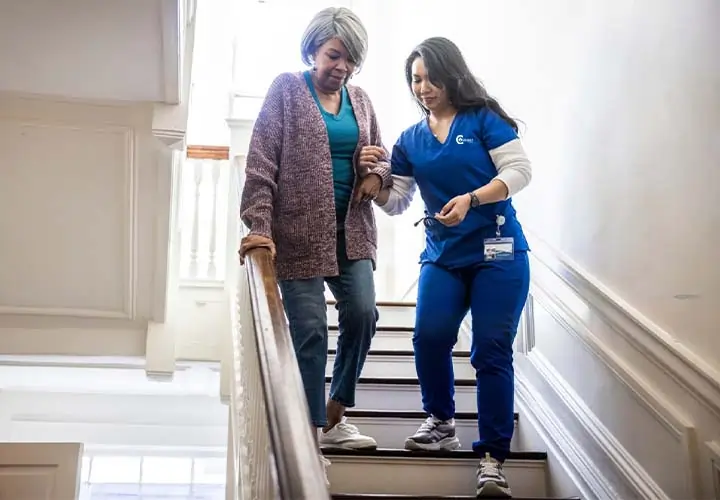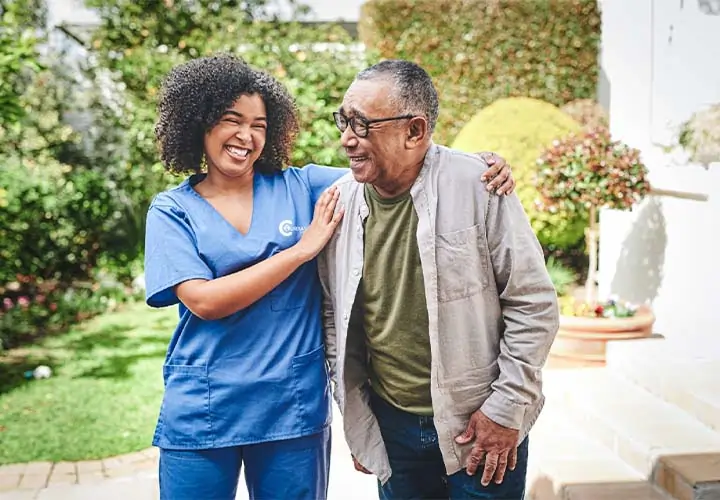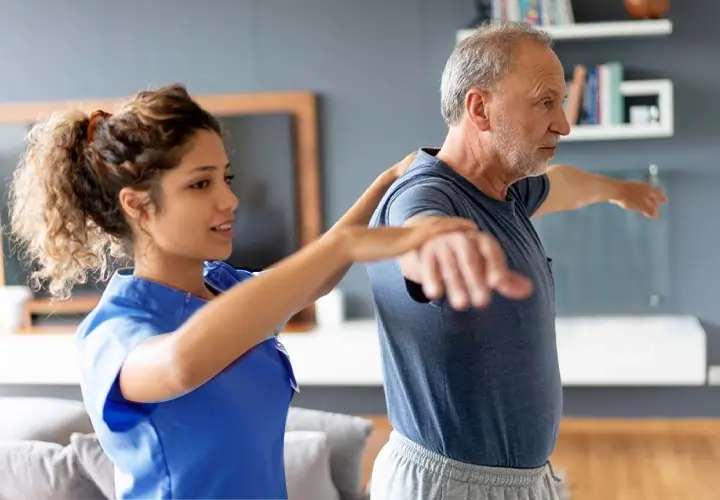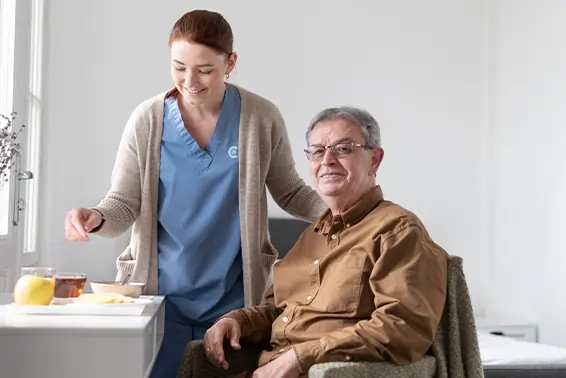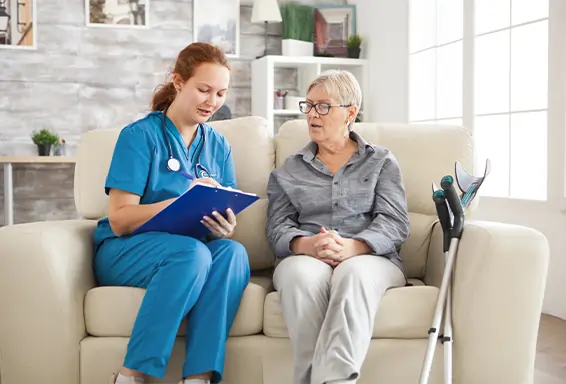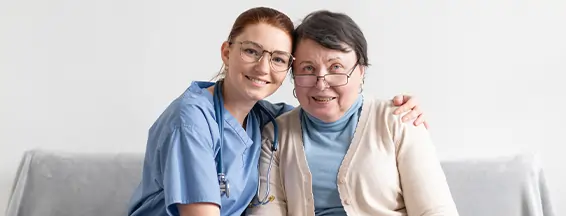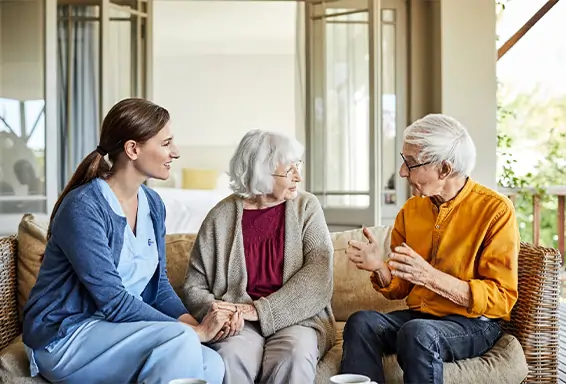The elderly or senior people are at a higher risk of falls than any other age group, and this is especially true for those who are living alone. In fact, one in five elderly or senior people will suffer a fall at some point in their lives, and this can be due to a number of different factors, including cognitive impairment and reduced mobility. The good news is that there are many ways to help keep elderly or senior people safe from falls, and one of the most important is ensuring that they have access to quality elderly care when they need it.
This can be provided through a range of different services. As the life-expectancy of the world increases, the need for elderly or senior care at home services also increases. These care giver services can all play a vital role in ensuring that elderly people remain safe and sound, and can help them to stay independent for as long as possible.
